How to Guide for Bleach Alternatives for Softwashing(2024)
Top Bleach Alternatives for Softwashing: Pros and Cons
I've been in the pressure washing business for years, and let me tell you, finding the right cleaning agents can be a real game-changer. When it comes to softwashing, we've always relied on bleach, but lately, I've been exploring bleach alternatives for softwashing. It's not just about getting the job done anymore; it's about doing it in a way that's safer for plants, better for the environment, and just as effective at tackling those tough stains and algae growth.
In this article, we're going to dive into some top-notch bleach alternatives for cleaning exterior surfaces. We'll look at citric acid, oxalic acid, and sodium hydroxide – each with its own set of pros and cons. I'll share what I've learned about their effectiveness in algae removal, how they stack up against traditional pressure washing chemicals, and the importance of getting those dilution ratios just right. Whether you're a pro or a DIY enthusiast, this guide will help you choose the best soft wash solution for your next house washing project.
Citric Acid
I've been experimenting with citric acid as a bleach alternative for cleaning in my pressure washing business, and let me tell you, it's been quite the journey. This natural wonder has some serious cleaning power that's worth talking about.
What is citric acid?
Citric acid is an organic acid that comes from citrus fruits like lemons and oranges. It's not just for making your lemonade tangy; this stuff is a cleaning superhero in disguise. I first stumbled upon it when I was looking for eco-friendly options for my clients who were concerned about harsh chemicals.
The science behind it is pretty cool. Citric acid is a chelating agent, which means it can bind to metals. This property makes it fantastic at breaking down mineral deposits and hard water stains. I've seen it work wonders on surfaces that I thought were beyond saving.
Pros of using citric acid
- Eco-friendly: It's biodegradable and non-toxic, which is a big plus for environmentally conscious clients.
- Versatile: I've used it on everything from bathroom tiles to kitchen appliances with great results.
- Effective on mineral deposits: It's my go-to for tackling hard water stains and limescale.
- Mild antibacterial properties: While it's not a registered disinfectant, it does help in keeping surfaces clean.
- Safe on many surfaces: It works well on glass, stainless steel, and ceramics without causing damage.
Cons of using citric acid
- Not suitable for all surfaces: I learned the hard way that it can etch natural stone like marble and granite. Oops!
- Limited degreasing power: On its own, it's not great for removing grease and grime.
- Not a disinfectant: While it has some antibacterial properties, it's not strong enough to be relied upon for serious disinfecting jobs.
- Can be corrosive: I've noticed it can cause pitting on aluminum if left too long.
- Requires caution: Even though it's natural, it can still irritate skin and eyes if not handled properly.
Oxalic Acid
I've been experimenting with oxalic acid as a bleach alternative for softwashing, and let me tell you, it's been quite the journey. This powerful compound has some interesting properties that make it a popular choice for cleaning and restoration projects.
What is oxalic acid?
Oxalic acid is a naturally occurring organic compound with the chemical formula C2H2O4. It's a dicarboxylic acid, which means it has two carboxylic acid groups in its structure. You can find it in various plants, especially in high concentrations in vegetables like spinach, rhubarb, and beet greens. It's also present in certain minerals.
Pros of using oxalic acid
- Effective wood restorer: I've used it to bring back the natural color and luster of weathered decks, fences, and outdoor furniture. It's amazing at removing stains and water marks.
- Rust remover: It's my go-to for tackling rust stains on concrete, tiles, and even fabrics. The chemical reaction it causes with rust makes it easy to rinse away.
- Concrete cleaner: I've had great results using it to clean and brighten concrete surfaces, especially those affected by calcium deposits or rust stains.
- Versatile: From cleaning antiques to removing ink stains from leather, this stuff has a wide range of applications.
Cons of using oxalic acid
- Safety concerns: It's a strong acid and can be corrosive if not handled properly. I always make sure to wear protective gear like gloves and goggles.
- Not suitable for all surfaces: I learned the hard way that it can etch certain materials like natural stone.
- Potential harm to plants: When using it outdoors, I have to be careful about runoff affecting nearby vegetation.
- Limited effectiveness on organic matter: While it's great for mineral stains, it's not as effective on mold or algae.
- Requires proper disposal: You can't just pour it down the drain. Proper dilution and disposal methods are necessary.
Sodium Hydroxide
I've been using sodium hydroxide in my pressure washing business for a while now, and let me tell you, it's a real powerhouse when it comes to cleaning. Also known as caustic soda or lye, this stuff has some serious cleaning chops.
What is sodium hydroxide?
Sodium hydroxide is a chemical compound that's commonly used in cleaning products, soaps, and detergents. It's a white, odorless solid at room temperature, but it can also come in liquid form. One thing I've learned the hard way is that it's highly reactive with water and strong acids, so you've got to be careful when handling it.
Pros of using sodium hydroxide
- Powerful degreaser: This stuff is fantastic at breaking down grease and oils. I've used it on some seriously grimy surfaces with great results.
- Versatile: From unclogging drains to cleaning ovens, sodium hydroxide has a ton of uses. I've even used it to strip old paint off decks.
- Boosts cleaning power: When I mix it with my regular cleaning solutions, it really amps up their effectiveness.
- Cost-effective: A little goes a long way, which is great for my bottom line.
Cons of using sodium hydroxide
- Safety concerns: This stuff is no joke. It's corrosive and can cause serious burns if it touches your skin or eyes. I always make sure to wear proper protective gear.
- Environmental impact: It's not the most eco-friendly option out there. I have to be careful about runoff affecting plants and wildlife.
- Surface damage: If not used correctly, it can damage certain surfaces like aluminum or painted areas. I learned that lesson the hard way on a client's patio furniture.
- Requires careful handling: Mixing sodium hydroxide with water generates heat, which can be dangerous if you're not prepared for it.
- Storage and disposal: It needs to be stored carefully and disposed of properly, which can be a bit of a hassle.
Conclusion
Exploring bleach alternatives for softwashing has opened up new possibilities in the pressure washing industry. From citric acid's eco-friendly properties to oxalic acid's rust-busting power and sodium hydroxide's degreasing strength, each option brings unique benefits to the table. These alternatives not only provide effective cleaning solutions but also cater to varying environmental concerns and surface requirements.
While these alternatives offer promising results, it's crucial to weigh their pros and cons carefully. Proper handling, safety precautions, and understanding their limitations are key to achieving optimal results. As the industry continues to evolve, staying informed about these alternatives empowers professionals and DIY enthusiasts alike to make informed choices, ensuring cleaner and safer exterior surfaces while minimizing environmental impact.
FAQs
- What are some effective substitutes for bleach in soft washing?
-
- Hydrogen peroxide serves as a safe and potent alternative for soft washing, effectively eliminating mold, mildew, and algae without the harmful side effects associated with harsher chemicals.
- How can I softwash surfaces without using bleach?
-
- For bleach-free softwashing, several solutions are recommended:
-
- Vinegar: A safe and effective cleaner suitable for various surfaces.
- Citric Acid: Ideal for removing grime from concrete and wood.
- Oxalic Acid: Useful for treating rust.
- Sodium Hydroxide: Effective in breaking down grease, fats, and oils.
- What are the top alternatives to a bleach solution?
-
- There are several all-natural alternatives to conventional laundry bleach:
-
- Baking Soda: A safe, household bleach substitute.
- Distilled White Vinegar: An accessible and effective bleach alternative.
- Hydrogen Peroxide: A powerful substitute for bleach.
- Lemons: Natural bleaching agents.
- Oxygen-Based Bleach: A gentler alternative to traditional bleach.
- Solar Power: Utilizing sunlight for bleaching fabrics.
- What is the preferred chemical for soft washing?
-
- For professional soft washing, especially for roofs and siding, a widely used chemical is a professional-grade 12.5% sodium hypochlorite solution mixed with water, commonly known as bleach.
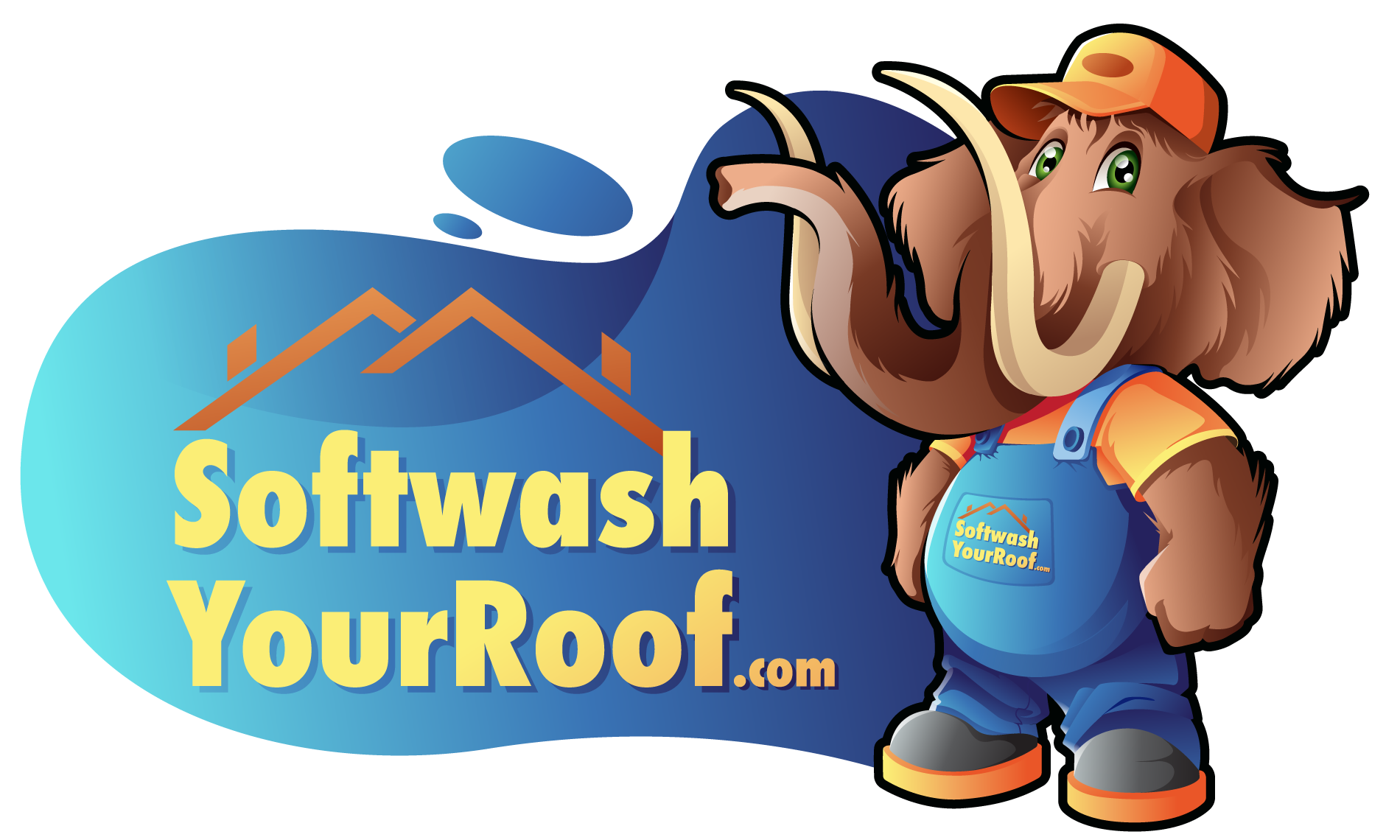
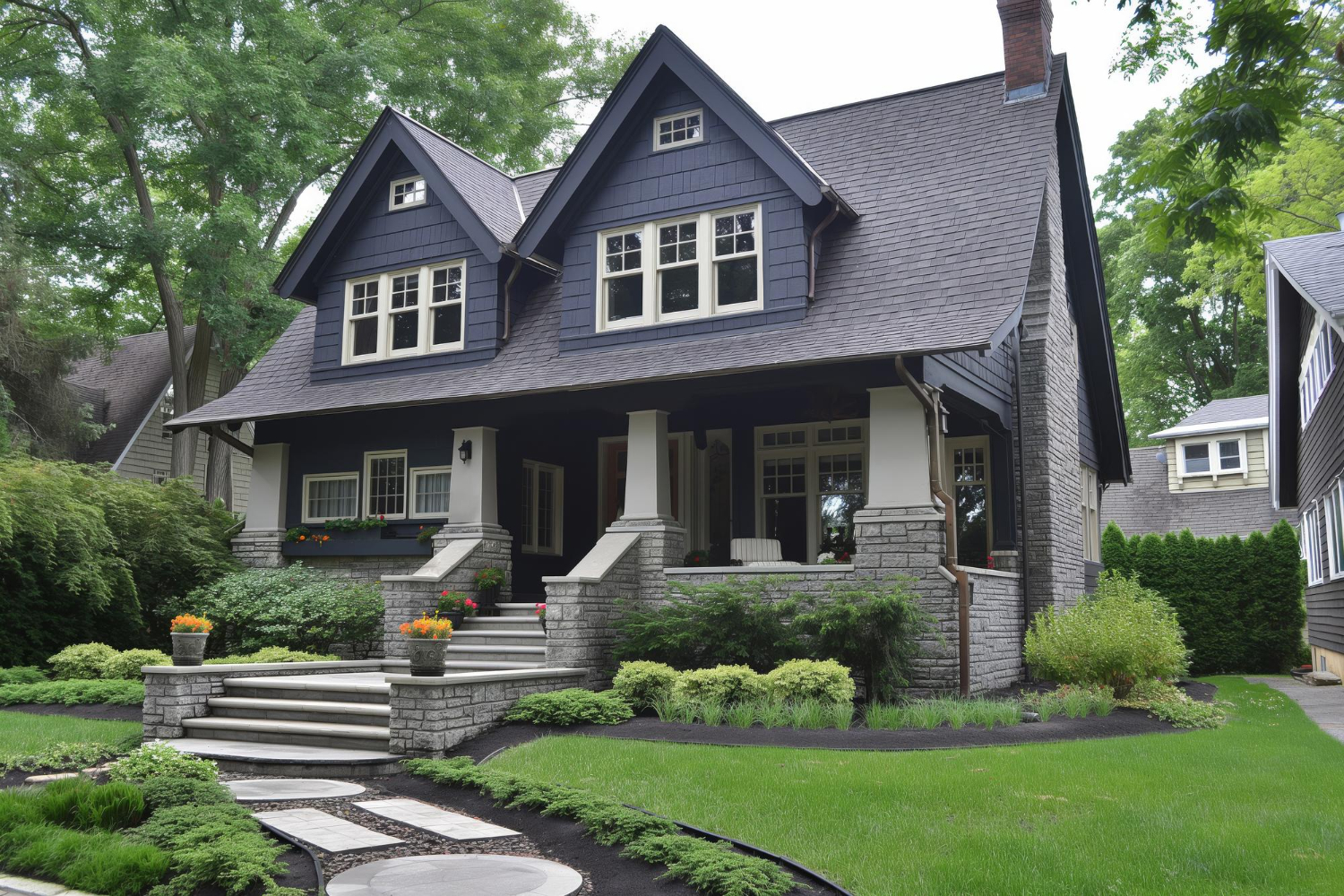

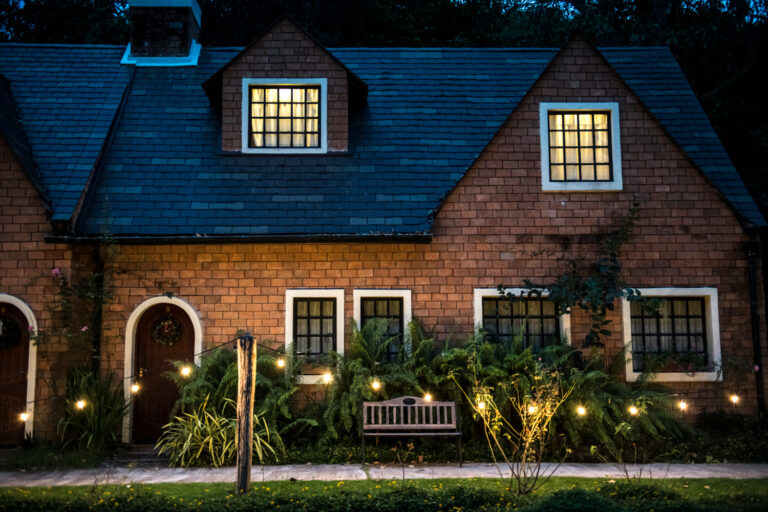
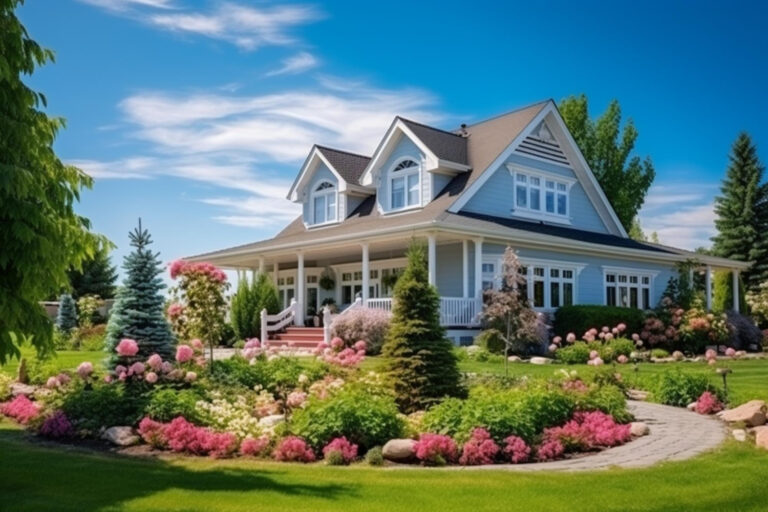
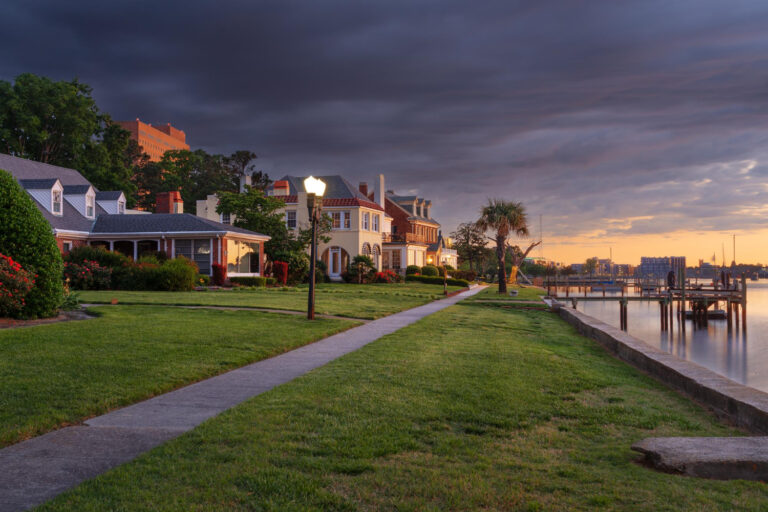

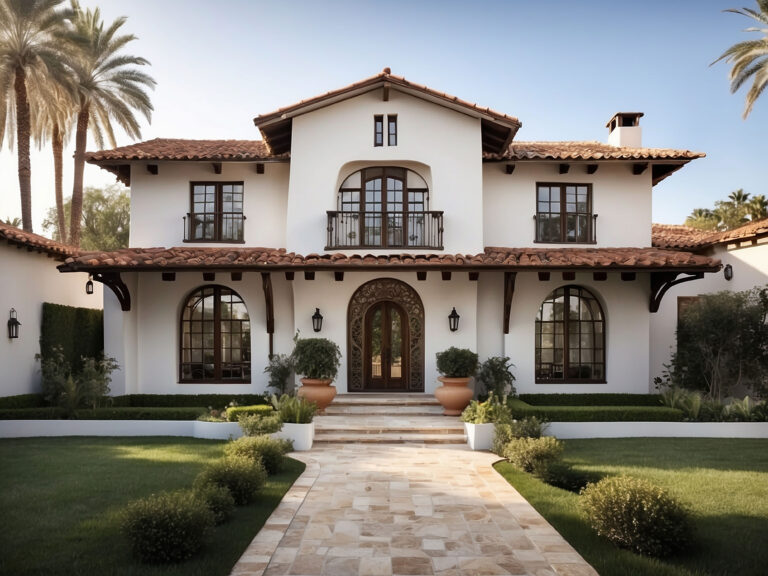

One Comment
Comments are closed.